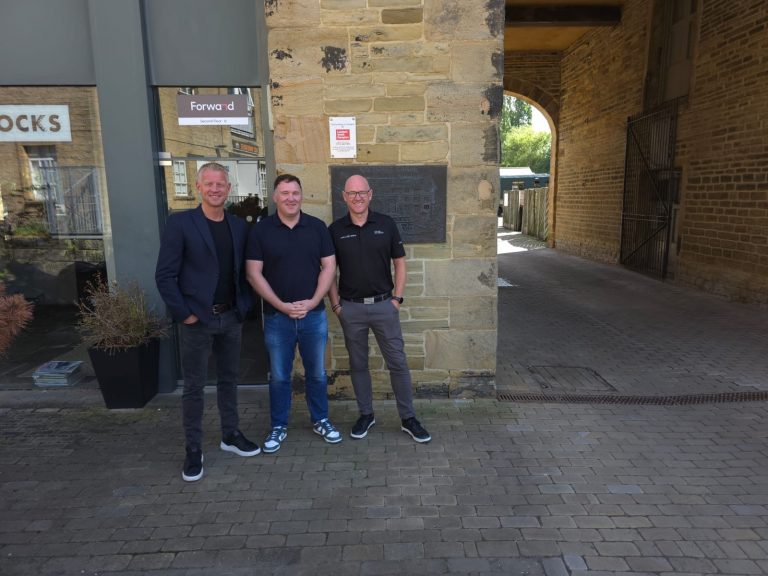Flood defences along Lincolnshire’s coast are expected to become ineffective by 2040 without substantial funding, according to the Environment Agency (EA). A failure of the coastal defences could result in flooding in areas such as Mablethorpe, with floodwaters reaching around 1.3 metres, and Ingoldmells, with up to 1.6 metres of water.
The flood defences, stretching 30 miles from Saltfleet to Gibraltar Point, are under pressure, with nearly 90% predicted to fail in the next two decades. The region, which lies below sea level, relies heavily on these defences to protect over 20,000 homes and 38,000 static caravans. Without immediate action, the area’s flood protection could be compromised.
The Environment Agency has estimated that replacing the existing flood defences will require billions of pounds. Additionally, ongoing maintenance costs, such as the replenishment of sand along the coastline, are currently between £10 million and £15 million annually.
To address this growing issue, a masterplan is set to be developed by 2028, with the aim of securing funding and contracts by 2036. Local councillors have highlighted the urgent need for investment to prevent economic decline in local holiday resorts. If adequate funding is not secured, a “managed retreat” approach may need to be considered, potentially leading to long-term consequences for the region’s infrastructure and economy.












